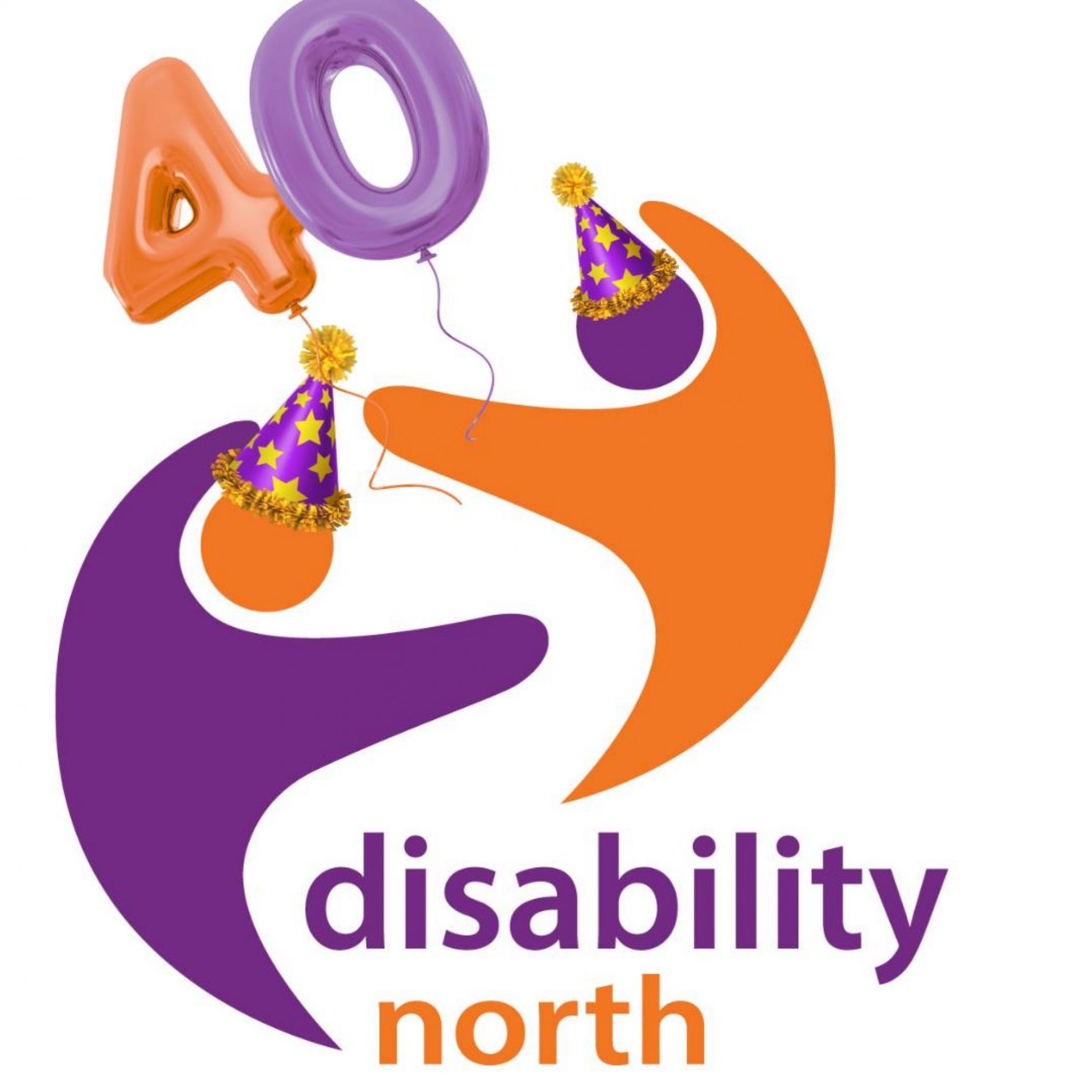From the Disability News Service:
The sister of a disabled woman whose death was caused by widespread flaws in the benefits system has vowed to continue her family’s fight for justice, after the Department for Work and Pensions (DWP) announced changes in response to the tragedy.
The Courts and Tribunals Judiciary has published DWP’s response to a coroner’s report that called earlier this year for urgent changes to the personal independence payment (PIP) system to avoid further deaths.
In January, assistant coroner Gordon Clow highlighted 28 separate “problems” with the administration of the PIP system that helped cause the death of 27-year-old Philippa Day (pictured, above left), from Nottingham.
It had taken Clow more than two hours to read out his conclusions and findings, after a nine-day inquest that uncovered multiple failings by both DWP and its private sector contractor Capita in the 11 months that led up to Philippa’s death in October 2019.
He had concluded that flaws in the benefits system were “the predominant factor and the only acute factor” that led to her taking her own life.
And he issued what is known as a prevention of future deaths (PFD) report, which calls for action from organisations linked to a death to prevent further such tragedies.
The report was addressed to both DWP and its PIP contractor Capita.
Clow called for action to address concerns around the training of DWP call handlers; how information from calls was recorded; the sending of a misleading letter to Philippa; and the flaws in the system which prevented incorrect decisions about the assessment process from being changed fairly and easily.
All these flaws helped lead to her death, the coroner concluded in January.
Now DWP and Capita have responded to his PFD report, announcing a series of changes they have already made, and promising others that they will soon implement.
Although both organisations express condolences to Philippa’s family in their responses, only Capita apologises for its mistakes, while DWP merely acknowledges “the tragic nature of this case” and says it is “determined to learn” from Philippa’s death and “takes the Coroner’s concerns very seriously”.
Philippa’s sister, Imogen, told Disability News Service yesterday (Wednesday) that the fight for justice – which includes a legal case against DWP and Capita for breaches of human rights and negligence – would continue.
She said: “I made a very sincere promise [to her sister, to secure justice for her if she died as a result of her PIP claim] and regardless of what that looks like, I have to carry that promise to the end.
“I still continue to take that promise very seriously.”
She said this promise was about securing both “justice and accountability” at senior levels of DWP for what happened.
Part of the fight would be to change DWP’s “culture of disbelieving claimants and the lack of empathy”, which was “a huge problem” and had not been addressed in the PFD response, she said.
Imogen (pictured, above right) said she was pleased that some changes were being made because of the inquest and the PFD report, but she said it did not make her “feel any better” about DWP.
She contrasted the department’s “very disappointing” behavior with that of Capita, which has agreed to a meeting with the family, has acknowledged its failings and has apologised.
She said: “Apologies are important because they admit and accept wrongdoing, and that’s not what we have got here [from DWP].”
She said a meeting was important. “It’s not going to bring her back but I still want to sit and talk about what happened, so it doesn’t happen to other people.
“I want a meeting. I want to sit down and discuss why this happened. It is incredibly important to me and I am going to get it.”
Among the changes it has made in response to the PFD report, DWP says it has improved mental health training for new staff working on PIP and employment and support allowance (ESA) claims; and is issuing new guidance to PIP and ESA staff on accurate note-making; and is improving the process of checking the quality of PIP and ESA decision-making.
It says it is also introducing a new way to pause the PIP process even if an assessment has been booked, to allow for additional information to be gathered or the type or location of the assessment to be altered.
Among other changes, DWP says it has made alterations to the “scripts” used by call handlers when dealing with new PIP claimants who may need extra support; and has improved guidance for case managers and call handlers in dealing with those who may need more support.
And it says it has changed the PIP computer system to ensure that a new “watermark” is shown on the first page of a claimant’s records to show that that they have, or had, additional support needs.
In its own response to the coroner’s PFD report, Capita says it is altering the way it deals with requests to change a PIP assessment route – for example a request for an assessment to be carried out in the claimant’s home, rather than at an assessment centre – including pausing the claim while the request is being reviewed.
Among other changes, it says it is working with DWP to “further review the tone and language used in any written communications with Claimants”, partly to ensure “that they do not cause any unnecessary distress, anxiety or upset” to those going through the PIP process.’
Originally published by John Pring 3/6/21 https://www.disabilitynewsservice.com/philippa-days-sister-pledges-to-continue-fight-for-justice-after-dwps-pip-changes/


